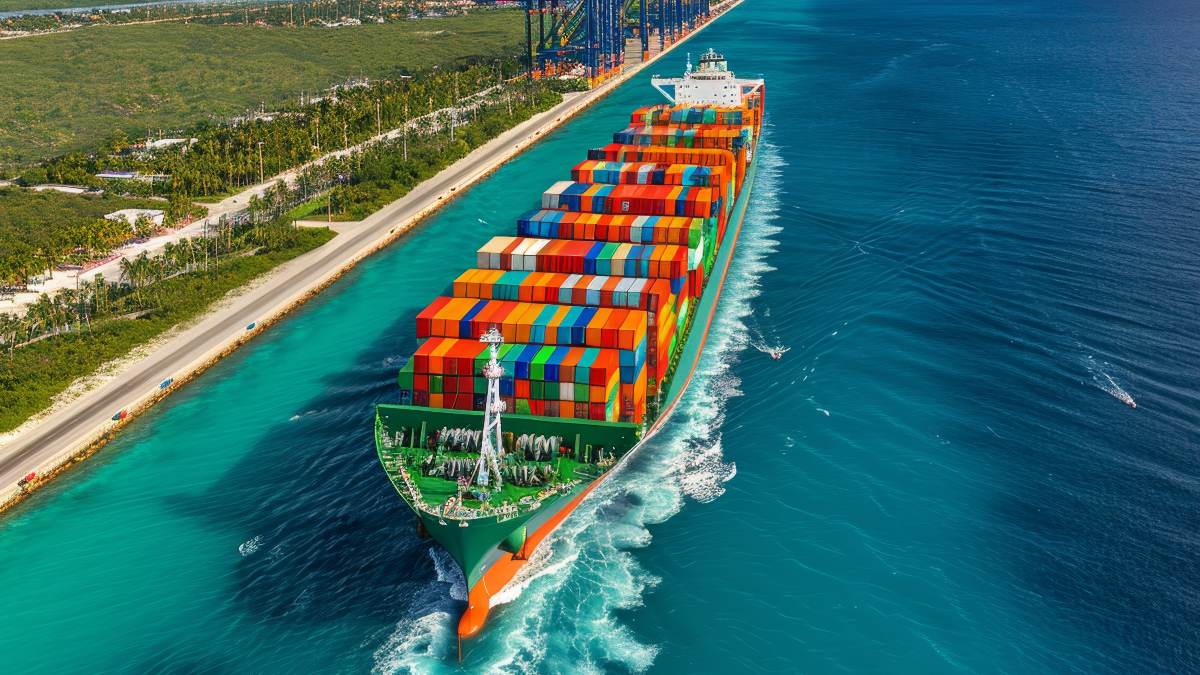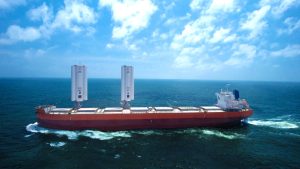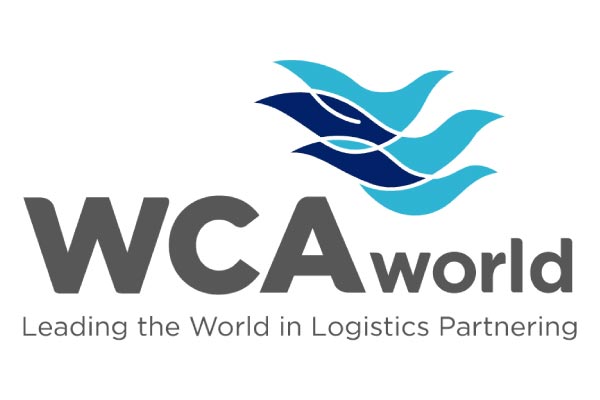Maritime transport mobilizes 80% of the volume of international merchandise trade.
Maritime shipping is the cornerstone of global trade. It transports 80% of the volume of international merchandise trade.
That fundamental role is even more pronounced for developing countries, where maritime supply chains are vital to facilitating trade flows, detailed a report by the firm Raco Investment.
Projections from the United Nations Conference on Trade and Development (UNCTAD) indicate a moderate growth rate of 1.4% for global maritime trade in 2022, with further expansion expected from 2023 to 2027 at an annual average of 2.1%.
These forecasts highlight the imperative of strategic investments and resilience-building measures to meet future business demands.
However, amid these projections is the shadow of increased maritime risk, particularly evident heading into the second half of 2024, with possible implications for global trade.
Factors such as the lingering effects of the Covid-19 pandemic and disruptions such as channel delays contribute to this high risk profile, detailed the analysis of the firm specialized in the logistics and supply chain sectors.
Technologies that will influence
The firm highlighted several key technologies poised to make a transformative impact:
- Automation and Robotics
The adoption of automated systems and robotics in ports and cargo ships is set to streamline operations.
It also minimizes manual errors and improves the efficiency of loading and unloading processes.

2. Blockchain technology
Implementing blockchain will improve transparency and security in maritime transactions and documentation.
Its implementation will lead to smoother operations and fewer delays related to compliance and paperwork.
3. Advanced Data Analytics
Sophisticated analytics will improve the management of shipping routes and inventories, significantly reducing operational delays and reducing supply management costs.
The integration of the Internet of Things (IoT) within maritime infrastructure will enable continuous monitoring and real-time data analysis.
This will lead to optimal routing decisions and predictive maintenance to avoid equipment failures.










